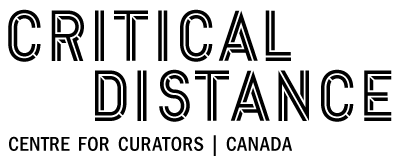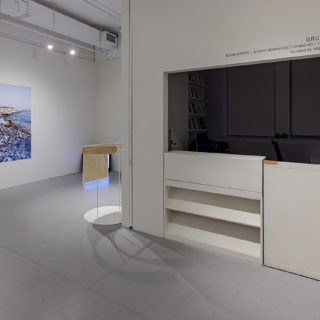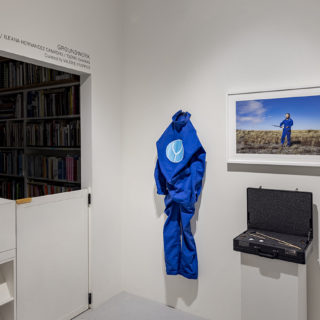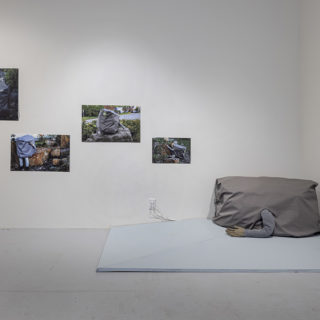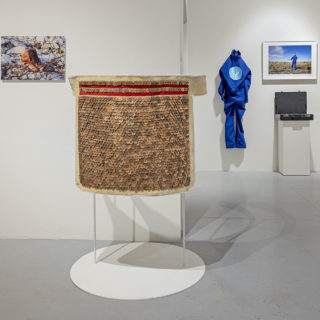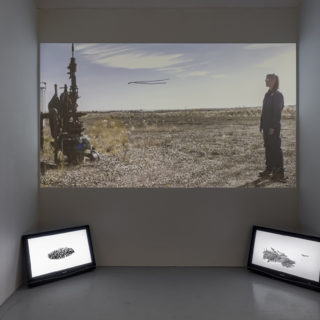Valérie Frappier
Valérie Frappier is a white settler Franco-Ontarian curator and writer from Aurora, Ont., currently based in the Toronto region. Frappier’s research and curatorial projects consider questions of gender, race and place within Canadian cultural production and discourses surrounding the climate crisis. Committed to the development of platforms that build community and initiate lasting learning experiences, she has worked in curatorial, editorial and facilitation roles with cultural organizations in Montreal, Cork City (Ireland) and Southern Ontario. She holds a BFA in Art History and Studio Arts from Concordia University (2014), a BA in Gender and Women’s Studies from York University (2018) and an MFA in Criticism and Curatorial Practice from OCAD University (2020). Frappier’s writing has appeared in various publications including C Magazine, Canadian Art, Femme Art Review and The Senses and Society Journal.
PUBLIC ART: Billboard on Shaw by Tsēmā Igharas
May 10, 2021 - June 17, 2021Artist Tsēmā Igharas’ billboard real camo is on view at 180 Shaw Street through May to June, 2021, as part of the exhibition Groundwork, curated by Valérie Frappier and featuring artists Alana Bartol, Ileana Hernandez Camacho, and Igharas. The exhibition grapples with the mindset of extractivism and highlights how site-specific performance can bring focus to alternative ways of relating with land.
Find out moreEXHIBITION: Groundwork
May 10, 2021 - August 15, 2021***Dates subject to provincial guidelines; exhibition will run for a minimum of 6 weeks. Visits are by appointment only. Stay tuned as we confirm scheduling and appointment details following Artscape Youngplace protocols.***
Artists: Alana Bartol, Ileana Hernandez Camacho, Tsēmā Igharas
Curator: Valérie Frappier
The term “extractivism” simultaneously evokes a physical process as well as a mindset, implying a forceful removal and subsequent severing of relations. By intersecting strands of ecology, geology, and performance theory, Groundwork examines how land-based actions can challenge the colonial-capitalist framework of extractivism.
Find out more